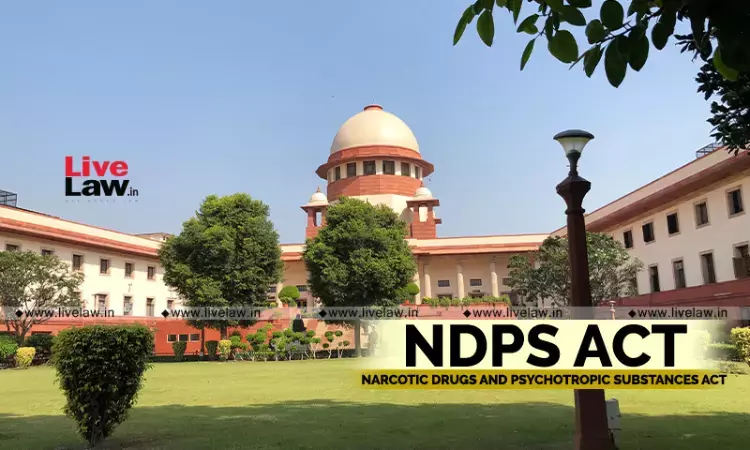Bail Under NDPS Act Should Not Be Granted Solely Because Accused Is Suffering From HIV: Supreme Court
Gyanvi Khanna
20 July 2024 10:06 AM IST

Next Story
20 July 2024 10:06 AM IST
The Supreme Court, recently, while overturning the bail granted to an accused under the NDPS Act on the ground that she is suffering from HIV, stressed on the mandate of Section 37 of the Act. As per Section 37, bail should not be granted to an accused unless the accused is able to satisfy twin conditions: reasonable ground for believing that the accused is not guilty of such an offence...
